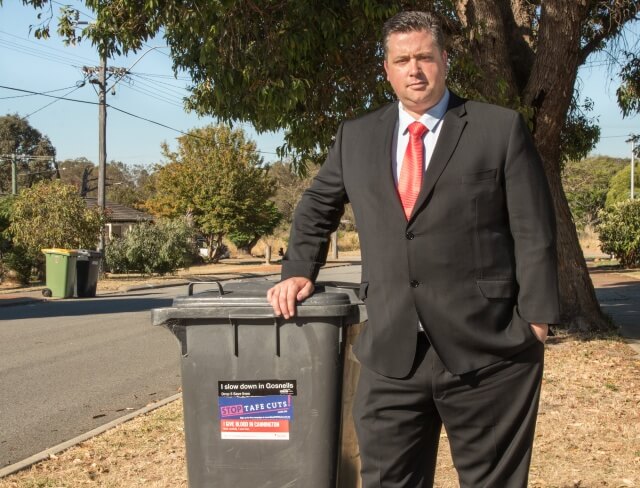
As a result of community feedback during the public consultation period the City of Gosnells council made amendments to its proposed waste local law at its council meeting on November 22.
The waste local law generated 32 public submissions and 509 signatures and raised issues including the magnitude of proposed penalties, a greater focus on education rather than regulation, some of the provisions in the local law were too subjective and land owners and occupiers were being held for issues beyond their control.
City of Gosnells mayor Olwen Searle said the waste local law, which the council adopted, responded to these concerns.
“The vast majority of our community do the right thing,” she said.
“This waste local law was never about catching out such people.
“The city’s priority has always been to educate the community about appropriate waste disposal.”
Ms Searle said the city’s community education program played a vital role in improving the city’s waste and recycling efforts but a waste local law was necessary to give the city the ability to deal with the residents who continually and wilfully decided to dispose of waste inappropriately.
“The city’s education first approach should reassure residents they would not be fined for one-off minor breaches of the local law,” she said.
“Penalties for infringements listed in the waste local law were also reduced in response to the public submissions from between $250 and $400 to between $200 and $250.
“It is important to strike a balance between sufficiently deterring residents from disposing of waste inappropriately and being too harsh.”
The motion for the waste local law was carried 10 votes to one with councillor Terry Healy against it.
Mr Healy said he supported the council’s decision as per the council policy since the motion had been passed but he was vocal about his reservations.
“I believe this policy began as a good public policy,” he said.
“However I believe the community now strongly have a very different view about this local law.
“Many local residents genuinely believe the we as a council have gone too far and that there will be bin police and investigations.”
In his address to the council Mr Healy urged counsellors to listen to the community.













